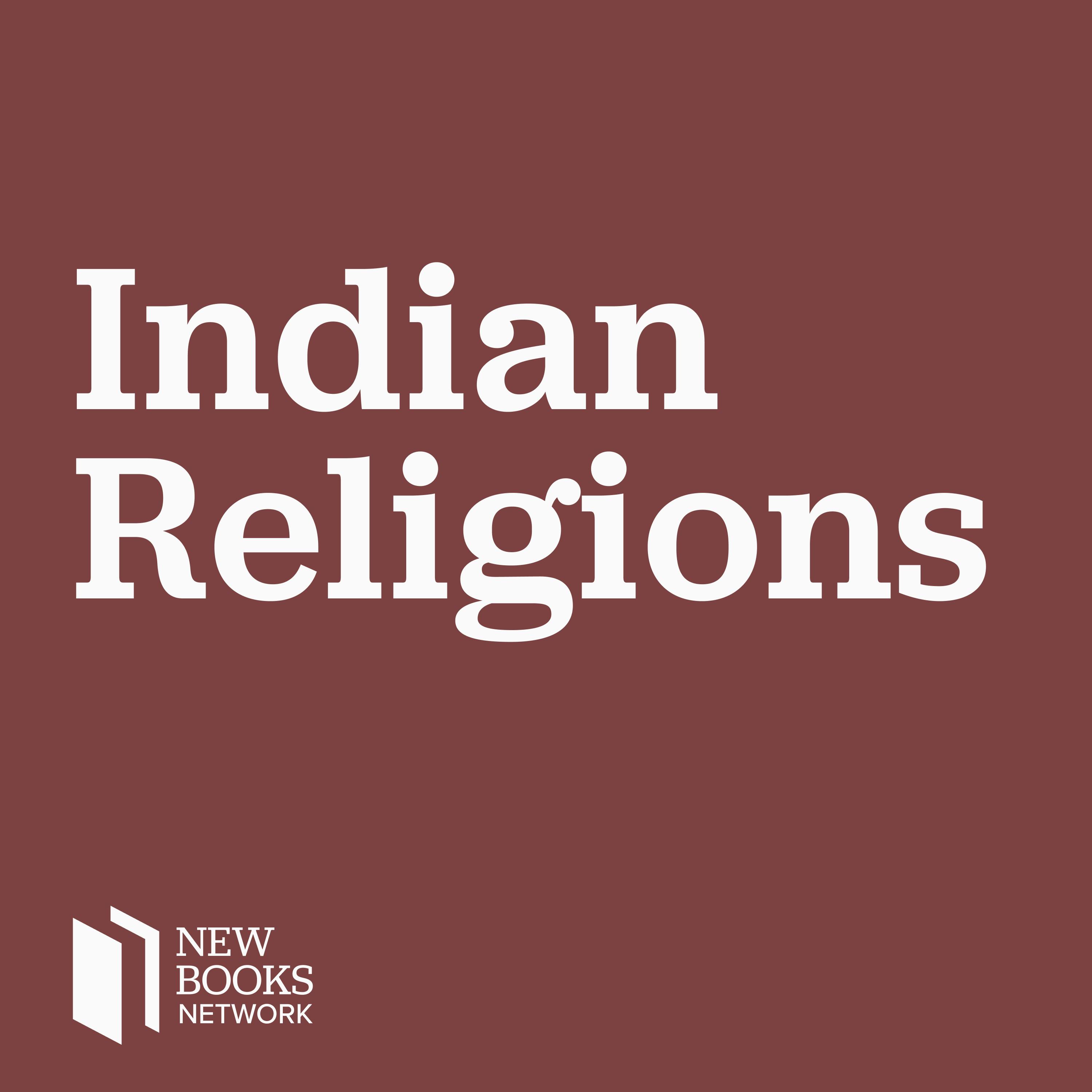Rafal K. Stepien, "Buddhism Between Religion and Philosophy: Nāgārjuna and the Ethics of Emptiness" (Oxford UP, 2024)
Description
Nāgārjuna (c. 150-250), founder of the Madhyamaka or Middle Way school of Buddhist philosophy and the most influential of all Buddhist thinkers aside from the Buddha himself, concludes his masterpiece, Fundamental Verses on the Middle Way, with these baffling verses:
For the abandonment of all views
He taught the true teaching
By means of compassion
I salute him, Gautama
But how could anyone possibly abandon all views? In Buddhism Between Religion and Philosophy: Nāgārjuna and the Ethics of Emptiness (Oxford UP, 2024), Rafal K. Stepien shows not only how Nāgārjuna's radical teaching of no-view or “abelief” makes sense within his Buddhist philosophy, but also how it stands at the summit of his religious mission to care for all living beings. Rather than treating any one aspect of Nāgārjuna's ideas in isolation, here his metaphysics, epistemology, and ethics emerge as a single coherent and convincing philosophical-religious system of thought and practice.
Grounded in meticulous study of original texts from classical India and China but innovating on the theories and methods underpinning contemporary scholarship East and West, this study shows how profoundly important voices from the diverse religious and philosophical traditions of the world have until now been diminished, distorted, and silenced. In opening up truly global horizons of existing and co-existing in the world, this work challenges the very ways in which we think about religion and philosophy.
* Elucidates Nāgārjuna's thought in its Buddhist context, integrating his views on belief and intention, language and mind, action and attachment, selfhood and suffering, violence and peace, emptiness and Buddhahood
* Presents a trenchant critique of the Christian and Western assumptions still dominating the study of religion and philosophy today
* Introduces and clarifies ideas of pivotal importance to the history of Buddhist thought in India, Tibet, China, and Japan
Readers may also find a related edited volume equally fascinating, Buddhist Literature as Philosophy and Buddhist Philosophy as Literature
Prof. Rafal Stepien is also leading a collaborative project, " The Ethics of Empty Beliefs: Chinese Buddhist Philosophy in the ‘Period of Disunity’" that has openings for postdocs and will host several workshops on studies of Sanlun and its influences in Sinophone spheres.
Learn more about your ad choices. Visit megaphone.fm/adchoices
Support our show by becoming a premium member! https://newbooksnetwork.supportingcast.fm/indian-religions
More Episodes
In If All the World Were Paper: A History of Writing in Hindi (Columbia UP, 2024), Tyler W. Williams puts questions of materiality, circulation, and performance at the center of his investigation into how literature comes to be defined and produced within a language, specifically, premodern...
Published 11/14/24
The Embassy, the Ambush, and the Ogre: Greco-Roman Influence in Sanskrit Theater (Open Book, 2024) presents a sophisticated and intricate examination of the parallels between Sanskrit and Greco-Roman literature. By means of a philological and literary analysis, Morales-Harley hypothesizes that...
Published 11/07/24
Published 11/07/24


